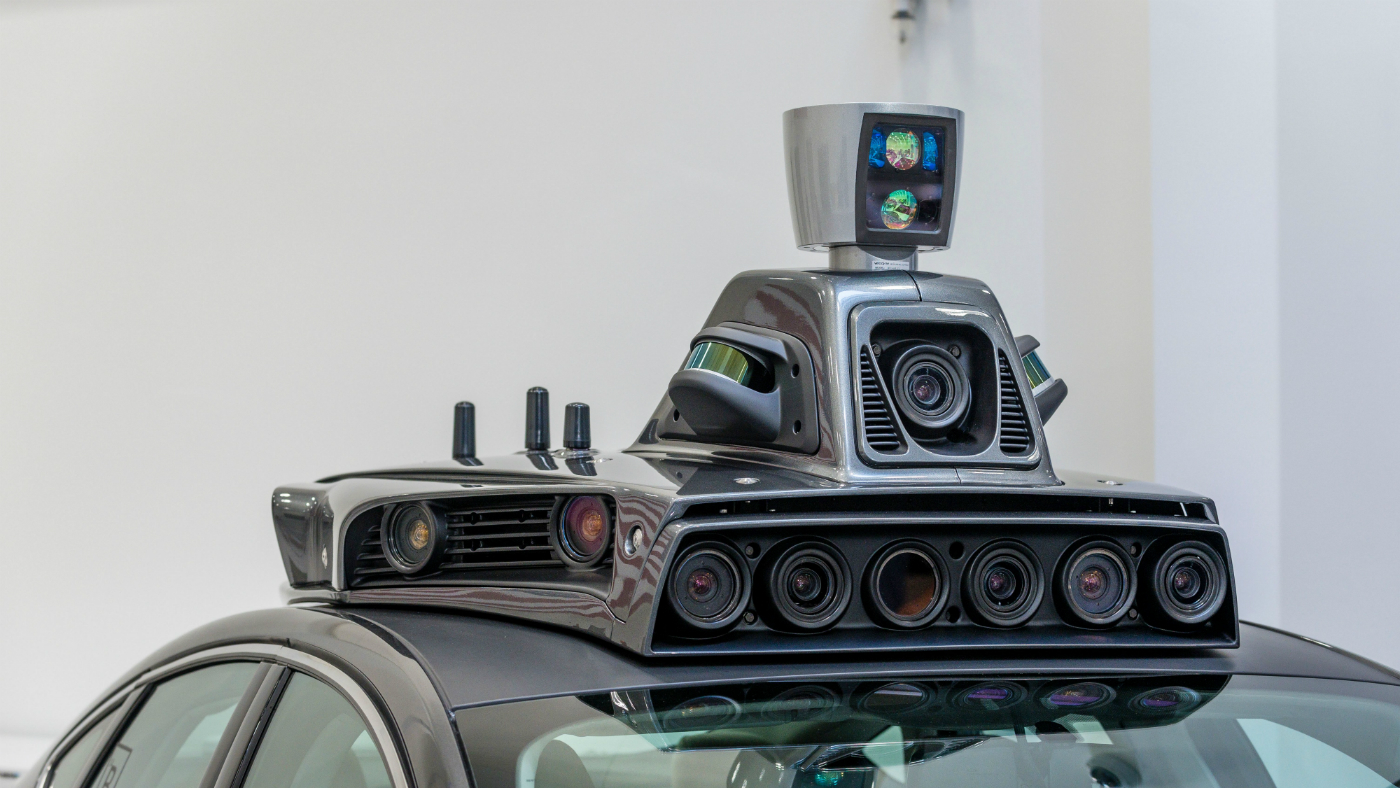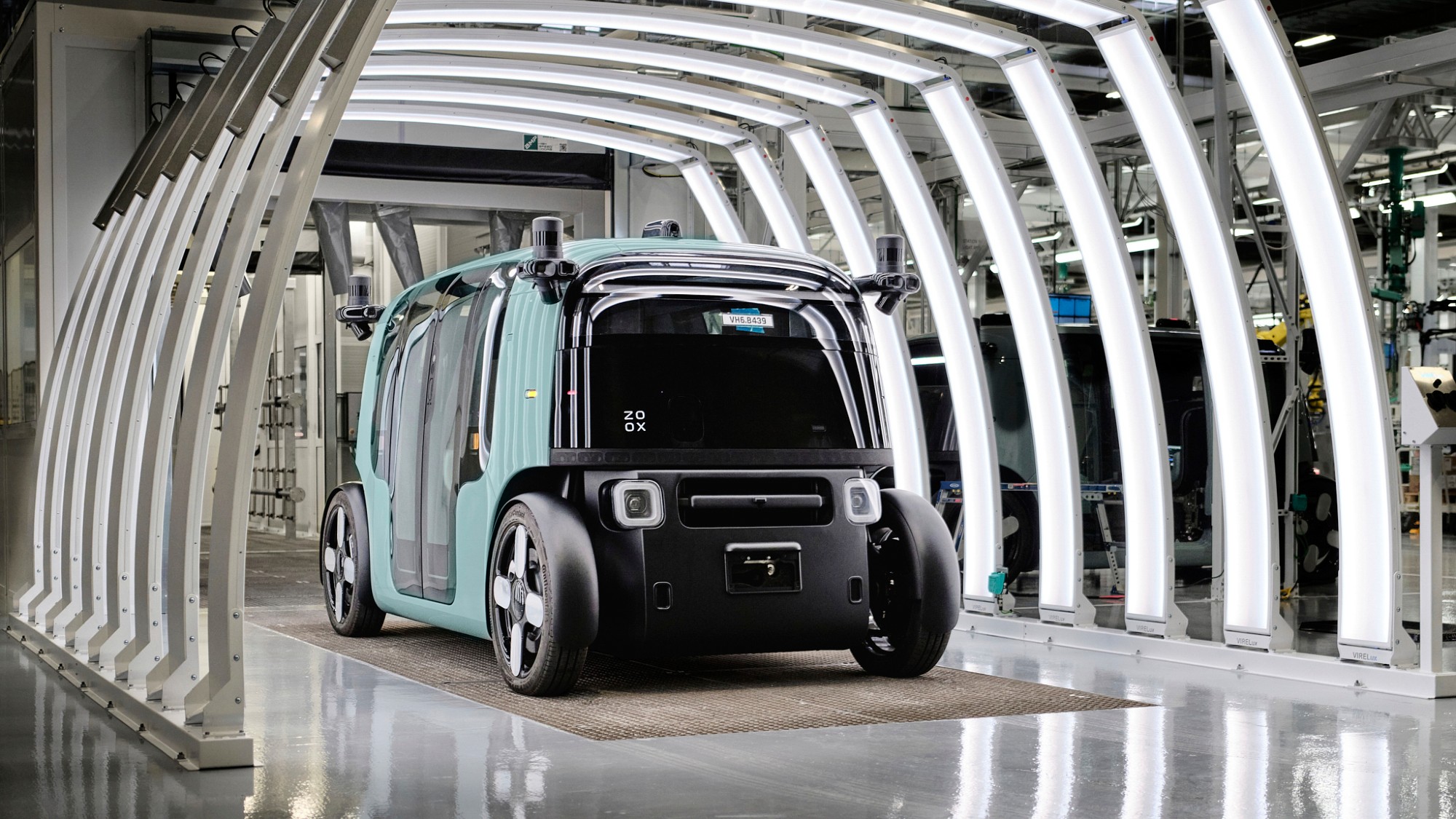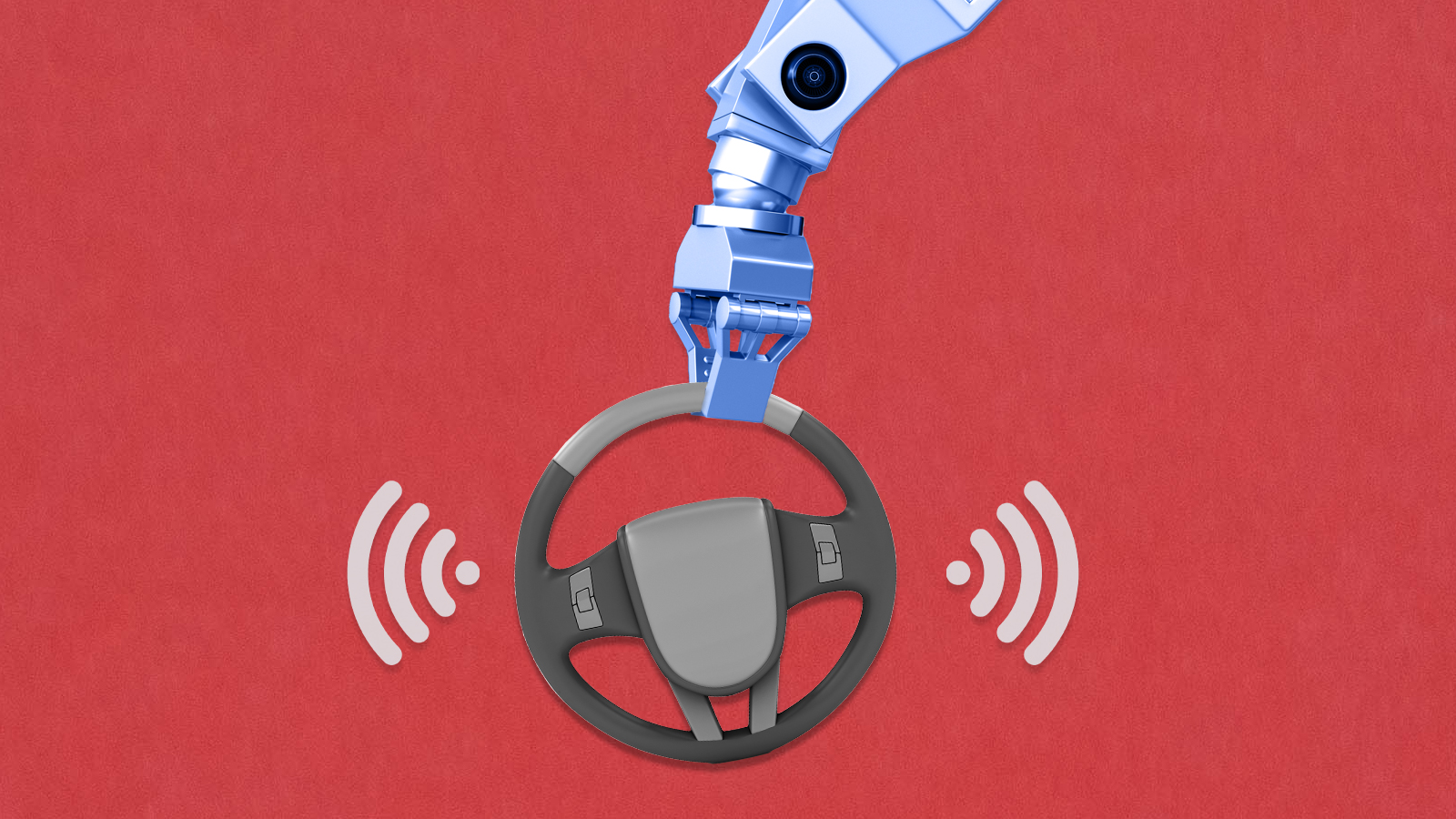Self-driving cars ‘less likely to spot black pedestrians’
Researchers call for action to ensure automated systems can identify different demographics

A free daily email with the biggest news stories of the day – and the best features from TheWeek.com
You are now subscribed
Your newsletter sign-up was successful
Self-driving cars may have more difficulty detecting and avoiding darker-skinned pedestrians than those with lighter skin, a new study has found.
Researchers at the Georgia Institute of Technology, in Atlanta, divided images of pedestrians into groups based on the Fitzpatrick scale, which classifies skin tone, reports news site The Daily Dot.
The object detection system used by self-driving cars, such as sensors and cameras, was found to recognise more images showing paler-skinned people, and was “5% better at predicting pedestrians with lighter skin tones than darker ones”.
The Week
Escape your echo chamber. Get the facts behind the news, plus analysis from multiple perspectives.

Sign up for The Week's Free Newsletters
From our morning news briefing to a weekly Good News Newsletter, get the best of The Week delivered directly to your inbox.
From our morning news briefing to a weekly Good News Newsletter, get the best of The Week delivered directly to your inbox.
Vox reports that this “disparity persisted even when researchers controlled for variables like the time of day in images or the occasionally obstructed view of pedestrians”.
This makes the cars “less likely to spot black people and to stop before crashing into them”, The Independent says.
The discovery has triggered calls for action to tackle the problem.
“Engineers responsible for the development of these systems need to place more emphasis on training the systems with higher accuracy for this group,” says specialist website Interesting Engineering, which adds that the findings are “another reminder of the general lack of diversity in the AI world”.
A free daily email with the biggest news stories of the day – and the best features from TheWeek.com
Vox notes that the study, titled Predictive Inequity in Object Detection, has not been peer-reviewed and did not use the same image-detection systems or image sets featured in current self-driving vehicles.
However, “the researchers had to do it this way because companies don’t make their data available for scrutiny - a serious issue given that this a matter of public interest”, the site adds.
The researchers have recommended that tech firms increase the number of images of dark-skinned pedestrians in the data sets used to train self-driving car computer systems.
Jamie Morgenstern, one of the study authors, said that the Georgia team’s findings were also application to other kinds of recognition technology.
“The main takeaway from our work is that vision systems that share common structures to the ones we tested should be looked at more closely,” Morgenstern concluded.
-
 The ‘ravenous’ demand for Cornish minerals
The ‘ravenous’ demand for Cornish mineralsUnder the Radar Growing need for critical minerals to power tech has intensified ‘appetite’ for lithium, which could be a ‘huge boon’ for local economy
-
 Why are election experts taking Trump’s midterm threats seriously?
Why are election experts taking Trump’s midterm threats seriously?IN THE SPOTLIGHT As the president muses about polling place deployments and a centralized electoral system aimed at one-party control, lawmakers are taking this administration at its word
-
 ‘Restaurateurs have become millionaires’
‘Restaurateurs have become millionaires’Instant Opinion Opinion, comment and editorials of the day
-
 Amazon's robotaxi looks to be Waymo's biggest competitor
Amazon's robotaxi looks to be Waymo's biggest competitorIn the Spotlight The company recently opened a new robotaxi production plant in California
-
 The pros and cons of self-driving cars
The pros and cons of self-driving carsThe Explainer Examining what it would mean to let AI take the wheel
-
 How cybercriminals are hacking into the heart of the US economy
How cybercriminals are hacking into the heart of the US economySpeed Read Ransomware attacks have become a global epidemic, with more than $18.6bn paid in ransoms in 2020
-
 Language-learning apps speak the right lingo for UK subscribers
Language-learning apps speak the right lingo for UK subscribersSpeed Read Locked-down Brits turn to online lessons as a new hobby and way to upskill
-
 Brexit-hobbled Britain ‘still tech powerhouse of Europe’
Brexit-hobbled Britain ‘still tech powerhouse of Europe’Speed Read New research shows that UK start-ups have won more funding than France and Germany combined over past year
-
 Playing Cupid during Covid: Tinder reveals Britain’s top chat-up lines of the year
Playing Cupid during Covid: Tinder reveals Britain’s top chat-up lines of the yearSpeed Read Prince Harry, Meghan Markle and Dominic Cummings among most talked-about celebs on the dating app
-
 Brits sending one less email a day would cut carbon emissions by 16,000 tonnes
Brits sending one less email a day would cut carbon emissions by 16,000 tonnesSpeed Read UK research suggests unnecessary online chatter increases climate change
-
 Reach for the Moon: Nokia and Nasa to build 4G lunar network
Reach for the Moon: Nokia and Nasa to build 4G lunar networkSpeed Read Deal is part of the US space agency’s plan to establish human settlements on the lunar surface